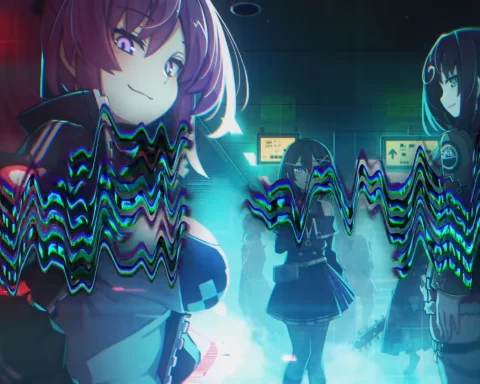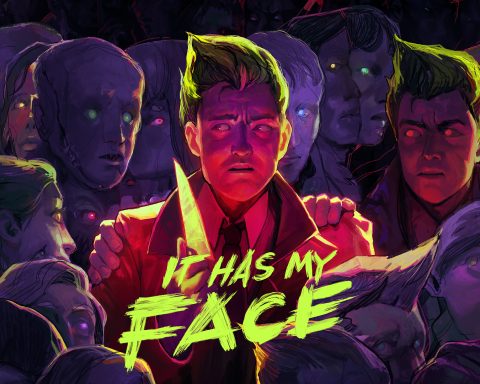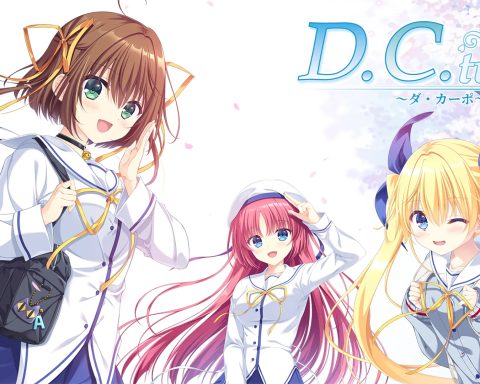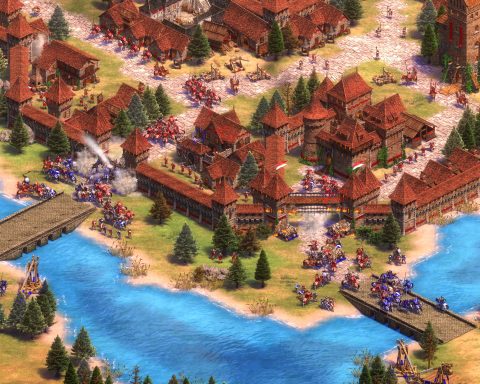Hot on the heels from the unfortunate revelation that Nintendo has censored the English release of Project Zero on the Wii U to strip a bikini costume out of it, comes the news that it has done the same thing with its upcoming Xenoblade JRPG, on the same console.
This time around the costume that’s been removed is a bikini armour-type thing. Common enough for RPGs (and there was similar armour present in the Wii/ 3DS predecessor), but the point of contention this time around seems to be that the character in question is aged 13.
Naturally the news of the censorship has been praised by the brigade of pundits that seem to think it’s appropriate to censor things that they don’t like. Take, for example, the rather lovely fellow, Ben Parfitt, that, over on the industry/business publication, MCV, writes:
“As you might imagine forums are awash with cries of censorship, although as some point out, Nintendo’s decision to tailor its release for markets where child erotica is rightfully frowned upon can only be described as smart. Surely the next stage is for these companies to perhaps consider toning down the child sexualisation in the Japanese releases in the first place?”
Putting aside the concern that I have that a journalist at a trade publication seems to feel like editorialising news stories is appropriate on his platform (which certainly isn’t how trade journalism works in any other sector, and I’ve edited trade magazines in the past), there’s the additional issue that the guy is passing judgement on a game he hasn’t played.
Or to the equivalence, he’s indulging in the same kind of moral outrage that saw the Marquis De Sade’s books burned a couple of hundred years ago. Books that we now find unpleasant, but important works of revolutionary France. Or, perhaps even more appropriately, Parfitt is like the guy that treats you like you’re a creep for having read Lolita, even though he hasn’t, and is unaware that it is the finest satire of American culture in the history of literature.
(Oh, and he’s pulled this stunt before, writing “The decision, which is certainly morally correct,” in his “industry news piece” on Fatal Frame’s censorship).
Now I’m not claiming that Xenoblade’s costumes are appropriate, satirical, contextual or anything like that. I wouldn’t dream of it, because like a responsible art critic I’m not passing judgement on a work of art I haven’t experienced.
I’ve already written at dept about how incorrect it is to claim any moral justification over censorship. I’m not going to run through it again (just read the link, above), because my complaints about the censorship of Project Zero largely apply to this example of censorship as well. To give my argument in summary, however, is that art needs to exist according to the artist’s vision, be accessed, and be criticised, which it can only do by being available. By censoring it, you turn art into propaganda by effectively using the platform to push a political ideology not to the wishes of the artist, which is a very dangerous route to follow.
If, in playing a game, you have robust criticism of the messages that game expresses, or the content within it offends or distresses you, then great. You participate in the discussion about that game by taking to social media, or writing an article about it. But the games industry is never going to be taken seriously as long as unthinking self-proclaimed crusaders like Parfitt inappropriately use their platforms to actively try and stifle content that they find objectionable. No moral philosopher in their right mind would suggest that it’s okay to silence an opinion simply because it offends you.
As for Nintendo: Please stop censoring your games. You’re not helping the industry, and you are making me very worried about the western release of SMT Vs. Fire Emblem, because given it’s Atlus whoo boy are you going to want to censor that one.
– Matt S.
Editor-in-Chief
Find me on Twitter: @digiallydownld
Is it okay to censor games you don’t like?
— Digitally Downloaded (@DigitallyDownld) November 2, 2015







